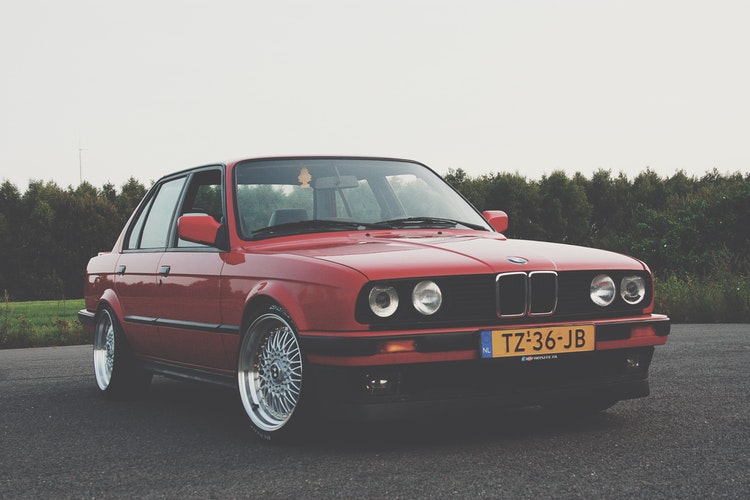
7 Rookie Mistakes to Avoid when Buying a Classic Car
Buying a classic car can be tough and nerve wracking, even for the car savvy.
But the excitement that comes with owning a classic car that starts a conversation and turns heads is worth it.
Shenanigans and trickery designed by the sales people can confuse you into buying and driving off with a car that is just not worth the price you paid for it. However, many buyers opt for shortcuts, ignore red flags and warning signs that can alert you of major issues in a car.
In this post, we have put together rookie mistakes to avoid when buying your classic dream car.
Table of Content
Not doing your research
The biggest blunder for any classic car buyer is disregarding the power of detailed research before signing on the dotted line.
It is vital to understand even the most minute things about the car, from pricing to design to colour to mileage and condition.
Armed with this information, it’s easier to choose the ideal classic car that captures and satisfies your interest and style. And thanks to the power of the internet, with few mouse clicks and research, you can gather all information required before making the final buying decision. Additionally, with the research, you can sniff out the salesperson feeding you bad information. Knowledge is power, do your research and stick to your requirements.
Not getting a professional inspection
After doing your research and opting for a certain car dealer, don’t ignore the importance of getting a professional inspection done.
An expert mechanic, who specializes in classic cars, will be able to spot the things that you will easily miss. If they can take the car out for a test drive,they will easily get a feel of how it handles and any problems that might be lurking. They will also be able to advise on the pricing.
Not sticking to your passion
Buying a classic car entails energy, effort, time and often, a lot of money. Collecting cars is a labour of love, so, don’t shortchange yourself. This means follow your passion and avoid buying a car thinking you will appreciate it in the future. Buy what you love from the outset.
Additionally, be ready to invest additional money and time after the initial purchase to customize it. So, if you don’t have any passion towards a certain model or make, don’t purchase it, you may end-up feeling bitter about it.
Having unrealistic expectations
Many first time classic car buyers make purchases without having a clear understanding of the car in question.
This places unrealistic expectations on the car, like speed and comfort. For example, they dont understand that a car manufactured 50 years ago has very different performance compared to a more recently manufactured car.
To fully understand classic cars, join local clubs and reach out to members with the model and make of your dream car and learn more about it. Educate yourself, ask questions and even ask to drive their cars. Many of the vintage car clubs have great people who love their hobby and are ready to help others find and buy their dream cars.
Accepting rust
While most classic cars with a rusted bubble or two may become easy to apply paint coating. However, for those with major rust, it’s difficult to restore the car to its perfect condition.
Examine the bodywork carefully for unworkable rust and if necessary, have a specialist give the final verdict.
Not researching upkeep costs
Well, the upkeep of your classic car is quite different from the normal one, in fact for servicing and repairs, you will need a specialist mechanic, who charges higher than the local shop.
In case your locality doesn’t have a specialist mechanic, look for an old school mechanic with knowledge about maintaining and repairing older cars.
Please bear in mind that you may need thousands of dollars to source rare spare parts, mechanical maintenance and other upkeep costs.
Additionally, consider the insurance cost. A specialty insurance provider offers significantly less for the collector vehicles than the normal auto insurer. Also, certain classic cars are very expensive to insure.
Not checking the numbers
Although the type, make, and body shape may say you are buying a classic car, don’t forget the car numbers.
Ensure the car vehicle parts have the correct identification numbers as stamped in the factory and not changed parts. Check out the Engine number that comes with the car’s six unique vehicle identification number (VIN), and the rear and transmission axle for date codes that correspond with the VIN’s date.
The correct VIN gives you the guarantee of owning an original vintage car, and not one with a replaced engine.
Conclusion
Buying a classic car requires patience, love, passion and money. Although rookie easy to make mistakes, doing your legwork ensures you get it right. Follow the above basics tips as a starting point and you are assured of owning a much loved treasure.
Do you have classic car buying tips we missed? Tell us down below!


